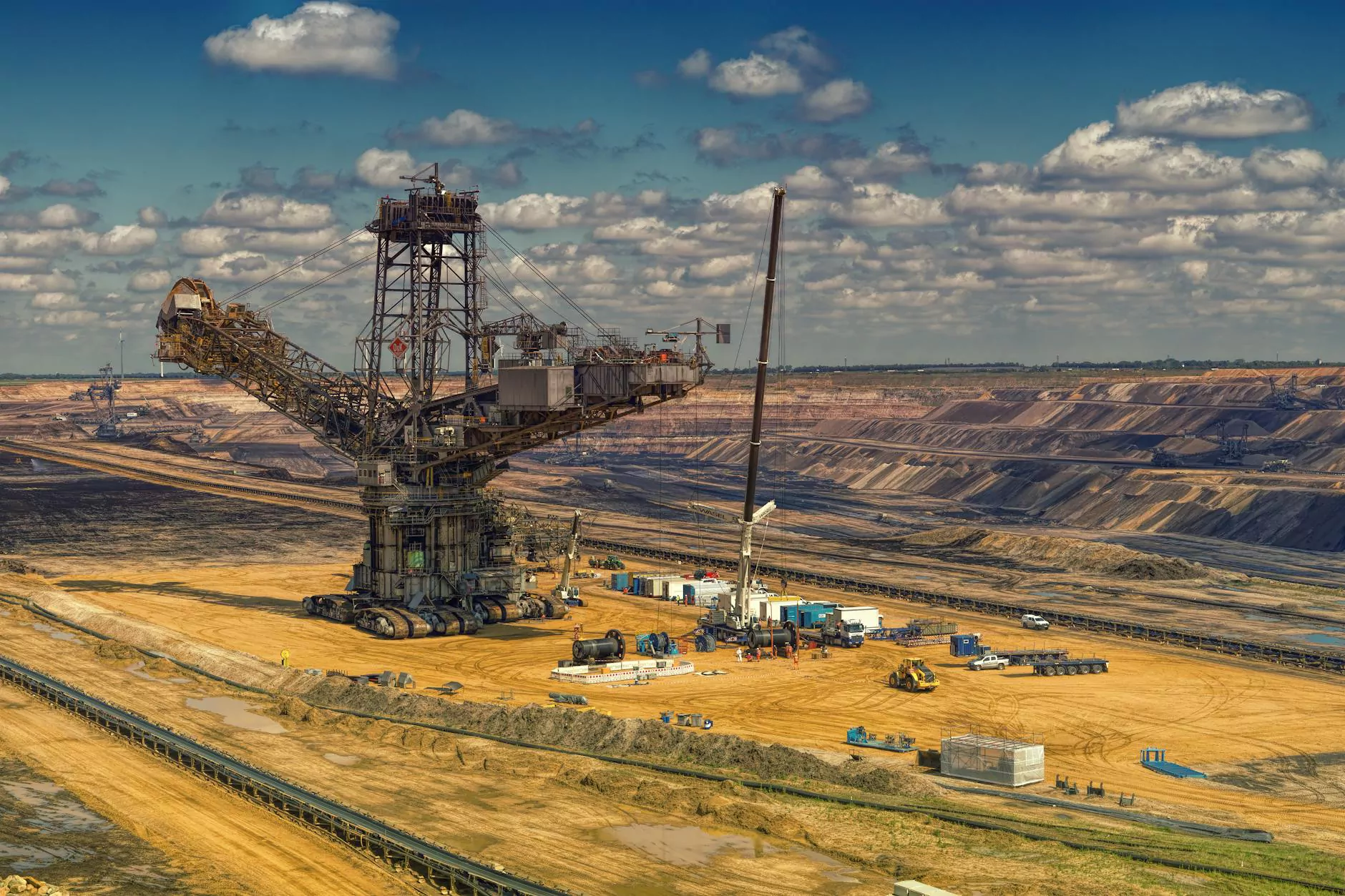The Role of Asphalt Plants in the Construction Industry

Asphalt plants play a crucial role in modern construction and infrastructure development. These innovative facilities are instrumental in producing the asphalt needed for roads, highways, parking lots, and various other construction projects.
Benefits of Asphalt Plants
Asphalt plants offer a range of benefits to the construction industry. One of the key advantages is the ability to produce high-quality asphalt mixes tailored to specific project requirements. These plants enable contractors to control the composition and quality of the asphalt, resulting in durable and long-lasting road surfaces.
Latest Technological Advancements
In recent years, the asphalt plants industry has witnessed significant advancements in technology. Modern plants are equipped with state-of-the-art equipment such as computerized control systems, advanced heating mechanisms, and efficient material handling systems. These technological innovations have improved production efficiency, reduced energy consumption, and enhanced the overall quality of asphalt mixes.
Environmental Sustainability
With a growing focus on sustainability and environmental conservation, many asphalt plants have adopted eco-friendly practices. These include the use of recycled asphalt pavement (RAP) in mix designs, dust collection systems to minimize emissions, and energy-efficient production processes. By prioritizing sustainability, asphalt plants contribute to reducing the environmental impact of construction activities.
Applications of Asphalt Plants
Asphalt plants are used in a wide range of construction projects, from small pavement repairs to large-scale infrastructure developments. They are essential for producing various types of asphalt mixes, including hot mix asphalt (HMA), warm mix asphalt (WMA), and cold mix asphalt. The versatility of asphalt plants makes them indispensable in the construction industry.
Future Trends in Asphalt Plant Technology
The future of asphalt plants is bright, with ongoing research and development efforts aimed at enhancing efficiency, sustainability, and performance. Emerging trends include the integration of artificial intelligence (AI) for process optimization, the use of renewable energy sources to power plants, and the development of innovative mix designs to improve road durability.
Conclusion
In conclusion, asphalt plants play a critical role in the construction industry by providing the essential material for building strong and reliable roads. With advancements in technology and a focus on sustainability, asphalt plants are poised to drive innovation and progress in infrastructure development. By staying abreast of the latest trends and embracing eco-friendly practices, asphalt plants will continue to shape the future of construction.



